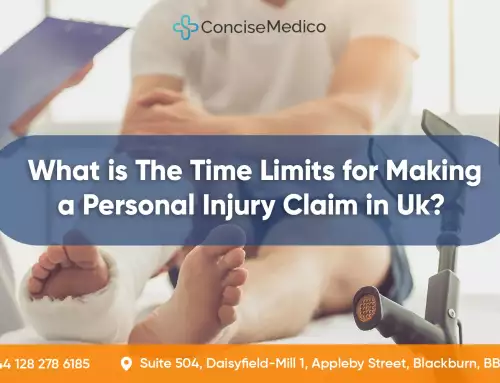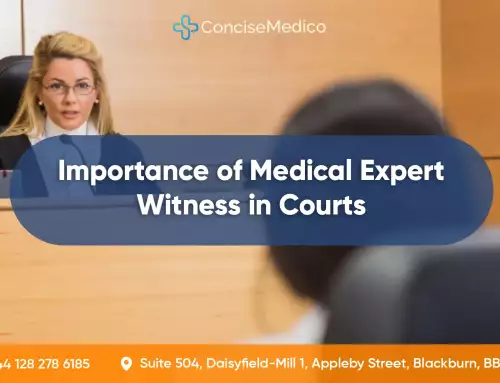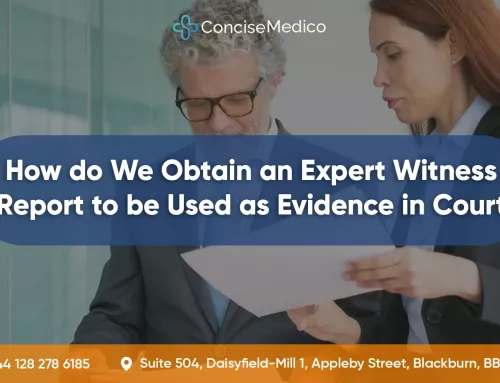TABLE OF CONTENT
PTSD can degrade your self-esteem and trigger depression, anxiety, chronic stress, high blood pressure, alcoholism and eating disorders. Therefore, when you start noticing signs of PTSD, we recommend always visit a psychologist first. However, we have no objections whatsoever if you want to try self-help – In fact, we encourage it.
Tip for Dealing With Post Traumatic Stress Disorder
The signs of Post Traumatic Stress Disorder include hypervigilance, negativity and mood swings. Post Traumatic Stress Disorder or trauma symptoms can result from many painful experiences. It includes combat in the military, neglect of children or violence, racism, accidents or natural catastrophe and personal tragedies, and violence.
4 Self-Help Tips for Dealing With PTSD
However, there are methods to increase your resilience and ensure your mental well-being. So here we are giving you 4 Self-Help Tips for Dealing With PTSD. So let’s just slip right in!
1. Challenge Your Perception of Healing
The healing process for Post Traumatic Stress Disorder trauma is mostly slow and continuous. It doesn’t happen overnight. The trauma-related memories will not disappear forever. So, it can be hard at times. However, you can follow various options to manage the symptoms and decrease anxiety and fears.
One of the most effective methods to restore your confidence is to give back to others by helping them. Engaging in positive actions directly combats the feeling of despair, a typical sign of PTSD.
- Volunteer your time and blood donation
- Help an individual in need
- Donate to your preferred charity
2. Exercise and Move Your Body
Exercise can help release endorphins that enhance overall mood and outlook. When you pay attention to your body and how it feels when you move, exercising will aid in getting your nervous system “unstuck” and begin to break free of the stress response.
- A tempo-based exercise that works your legs and arms, like running, walking, swimming, or dancing
- Instead of thinking, pay attention to how your body is feeling
- Be mindful of everything, such as your breath’s rhythm or the sensation of the breeze against your skin
- Boxing, weight training, rock climbing, or martial arts, these sports can help you focus on your body’s movements
- Spend time outdoors, Engaging in outdoor activities such as camping, hiking, mountain biking, rock climbing, whitewater skiing, and rafting
In addition, anyone with Post Traumatic Stress Disorder trauma can benefit from the relaxation in solitude, peace, and serenity from spending time in the natural world. Find local groups which offer outdoor activities or team-building events.
3. Reach Out to Others to Ask for Assistance
Post Traumatic Stress Disorder trauma may make you feel isolated from the world. Thus, you might be tempted to avoid social events and your loved ones.
However, Staying in touch with those who care for you is essential. The assistance and support of your loved ones are crucial for your healing. Find someone you can talk to, when you need to speak without judgment, criticism, or becoming distracted. This person could be your partner, a family member, a close friend, or professional therapy professional.
Moreover, Spending time volunteering or offering help to someone in need. It is not just an effective way to connect with others but will also allow you to regain the sense of control you once had.
Also, Participating in joining a PTSD trauma support group. It will help you feel less lonely and isolated and offer valuable information on how to deal with the symptoms and help you recover.
4. Aid with a Healthy and Balanced Lifestyle
The signs and symptoms of Post Traumatic Stress Disorder trauma can be different for your body. Therefore, it’s crucial to look after yourself and establish healthy habits for your lifestyle.
- Methods of relaxation like meditation, deep breathing yoga, or massage can trigger the body’s relaxation response, which can ease the symptoms of PTSD trauma.
- Avoid drinking and using substances. substance use can worsen many symptoms of PTSD, interfering with treatment and creating issues within your relationships.
- Eat a healthy diet. Begin your day with a healthy breakfast and keep your energy levels and mind in check by eating healthy, balanced food choices during your day.
- Make sure you get enough sleep. Insufficient sleep can lead to anger, frustration and moodiness. You should aim for between 7 and 9 hours of sleep every night. Make a relaxing bedtime ritual and create a bedroom as dark, quiet and relaxing as possible.
Combat Post Traumatic Stress Disorder
Whatever your personal experience or signs, these guidelines can help you find effective ways to recover and get back to your everyday life. Remember that your solid and resilient skills will help you through difficult times.
But we know sometimes, self-help isn’t everything. And that’s why we’re here. We have a panel of HCPC registered PTSD psychologists who are ready to help the ones in need. You can rely on Concise Medico if you feel things are getting out of hand. You can also schedule a call back if you’re feeling overwhelmed!




